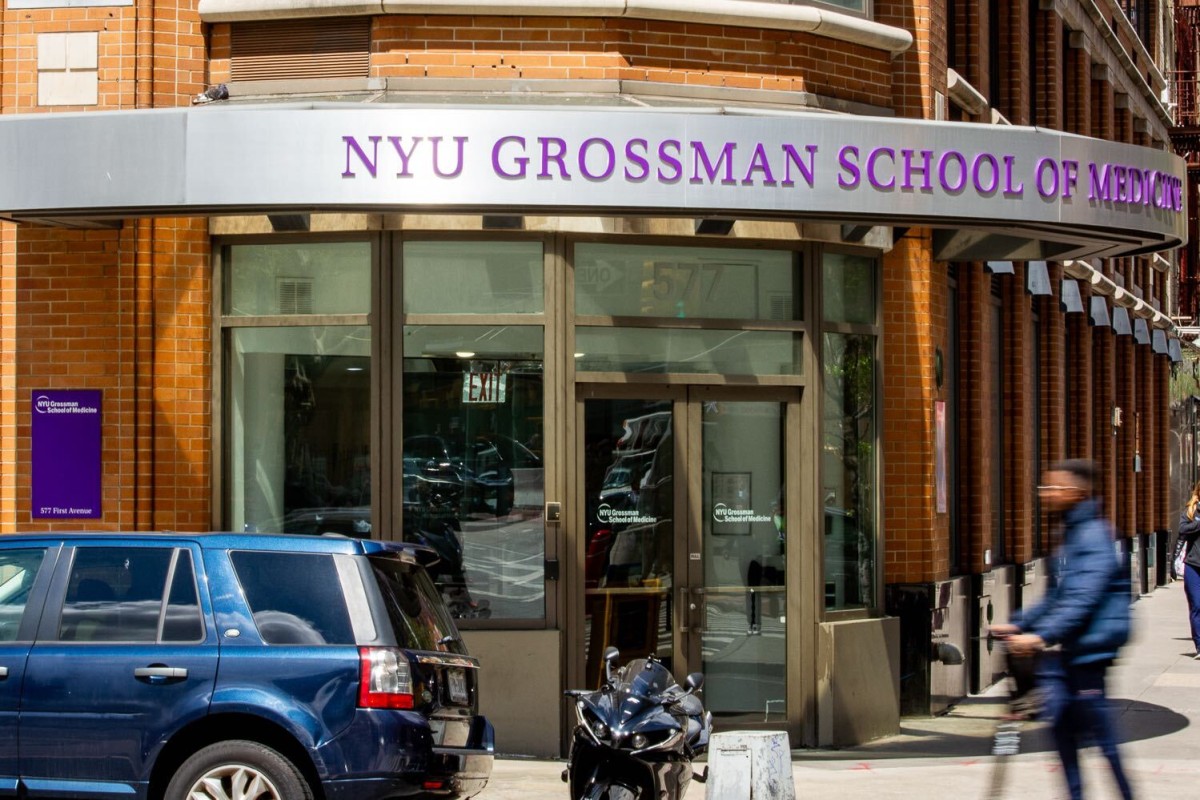The New York state Office of Addiction Services and Supports is awarding a $2 million grant to the NYU Grossman School of Medicine, which will provide funding for a two-year addiction medicine training initiative.
The grant is part of a larger $7.7 million fund announced by New York Governor Kathy Hochul on Sept. 8, which will enhance training for addiction prevention, treatment and harm reduction for health care professionals. The program stands to benefit 83 health care professionals across four New York medical schools: Grossman, the State University of New York Upstate Medical University, Albert Einstein College of Medicine and the Research Foundation of SUNY.
The initiative is intended to provide training in addiction medicine — its treatment and associated health consequences — to non-physician health care professionals like therapists and nurses, according to Joshua Lee, a professor in the departments of population health and medicine and director of the Addiction Medicine Fellowship at Grossman. Lee said the training program is in line with New York state’s goal of promoting addiction-related careers in health care.
“NYU Grossman School of Medicine is relatively unique among New York state medical schools in that it has both addiction medicine and addiction psychiatry fellowships, the two medical subspecialties focused on addiction disorders,” Lee said. “New York state targeted these types of medical schools as it developed and implemented the new funding opportunity.”
Grossman, alongside NYU, provides access to addiction screenings, medical treatments and specialized counseling services available through student health services, according to Lee.
Although NYU Langone Health offers many addiction services, it does not provide specialized inpatient or outpatient treatment, instead referring those addicted to alcohol and other substances to outside treatment programs.
New York is currently facing its worst-ever overdose crisis, with approximately 6,300 drug-related deaths in the state last year, according to OASAS spokesperson Evan Frost.
Frost said that a comprehensive approach to care that encompasses prevention, treatment, harm reduction and recovery services is essential for helping those struggling with addiction. He noted that each person may have different needs when seeking addiction services, and OASAS ensures equitable access to support and resources available across the state.
“This crisis has impacted individuals, families and communities,” Frost said. “Anyone can be affected regardless of age, race, background or any other factors.”
Contact Adrianna Nehme at [email protected].























































































































































